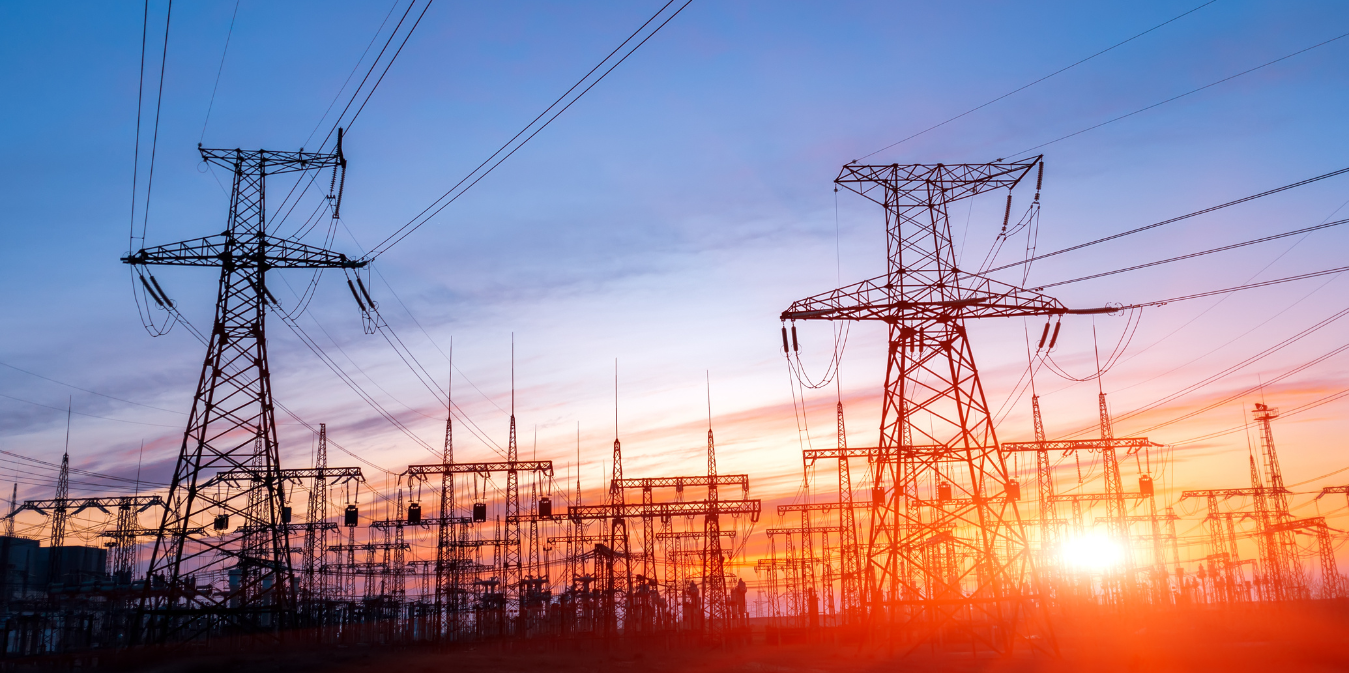
Press Release
Legislators in PJM Region Join Together to Push for Greater Transparency
February 6, 2024
Legislators from five states are joining together to introduce legislation to increase the transparency of electric utilities’ involvement in PJM, the Regional Transmission Organization (RTO) that manages the grid. PJM spans 13 states and DC from the Midwest to the East Coast. States proposing legislation include Illinois, Maryland, Pennsylvania, Virginia, and West Virginia.
The decisions made by PJM impact clean energy and the cost of electricity. These decisions can help or hinder state policies. This makes coordination with RTOs and oversight of utility participation by states crucial. States have the authority to regulate utilities to ensure they are acting in the public’s best interest. Right now, utilities are voting in private on rules at PJM that have an impact on rates and the transition to clean energy. Legislators in these five states are calling for these votes to be public so there is greater oversight and accountability on utilities and PJM for the decisions being made.
Legislators in Maryland, Illinois, Pennsylvania, Virginia, and West Virginia have authored legislation requiring each utility to submit a report to their respective state Public Service Commissions regarding votes cast in any PJM meeting in the prior calendar year and a brief description for how that vote was in the public interest.
“This is an important transparency bill,” said Delegate Rip Sullivan. “The decisions made by PJM have enormous impact on Virginia’s transition to clean energy. It wasn’t long ago that subcommittee votes in the General Assembly were unrecorded and essentially secret. We changed that for obvious reasons. When it comes to our clean energy transition and the cost of electricity, it is vital that regulators, the General Assembly, and most importantly Virginia’s ratepayers have better insight into the decisions PJM and our utilities make.”
Last year, Maryland Delegate Lorig Charkoudian introduced a similar bill that passed the House. The West Virginia Public Service Commission also filed complaints regarding transparency over PJM meetings and decision-making. Delegate Charkoudian is reintroducing her bill (HB0505) again this year.
“My colleagues and I, across the PJM region, know that decisions made at PJM affect our rate-payers, the reliability of our electric grid, and our transition to clean energy,” said Delegate Lorig Charkoudian. “These are all issues we are working on at the state level, and PJM’s rules have the ability to either support or hamper our ability to address these issues. This bill will go a long way to establishing transparency to support our ability to engage with PJM on these crucial issues.”
In late January, West Virginia Delegate Evan Hansen introduced HB5101 establishing reporting requirements for PJM meetings.
“In West Virginia, people’s electric rates have gone up faster than any other state,” said Delegate Evan Hansen. “We need our electric utilities to explain how their secret votes at PJM are in the public interest.”
Illinois Representative Joyce Mason introduced HB 4747 this week and Pennsylvania Representative Chris Rabb is currently drafting legislation.
“When utilities vote at regional transmission organizations, they have impacts on our clean energy transition and the cost of electricity,” said Representative Joyce Mason. “My bill introduces better transparency for how utilities vote in our electric markets, which is part of a healthy democracy. As a legislator, my votes are public – it should be the same for utilities whose votes impact the affordability and cleanliness of our electricity. “
“The regional transmission organization that manages our energy grid in Pennsylvania impacts our transition to clean energy and our monthly electric bills,” said Representative Chris Rabb. “And the utilities across our state and region come to meet and vote in private. This is not acceptable. These corporations’ votes are no less important and influential than mine as a legislator. So, if all my votes are public, theirs should be, too!”
State leaders know that increased communication and coordination between states, RTOs, and utilities is paramount for preventing climate change’s worst impacts and ensuring reliable and affordable electricity. States will continue to lead the charge for better transparency in the coming legislative session.
“NCEL is proud to help organize these state legislators across the PJM region,” said Ava Gallo, NCEL Climate and Energy Manager. “We know that legislators work tirelessly to ensure their constituents have affordable, reliable, and clean electricity. States are stronger together and this legislation can help ensure that utilities across the region are also working towards these same goals.”
###
Created by and for state legislators, the National Caucus of Environmental Legislators is a 501(c)(3) nonprofit that organizes over 1,200 environmentally-committed state legislators from all 50 states and both parties. NCEL provides venues and opportunities for lawmakers to share ideas and collaborate on environmental issues.